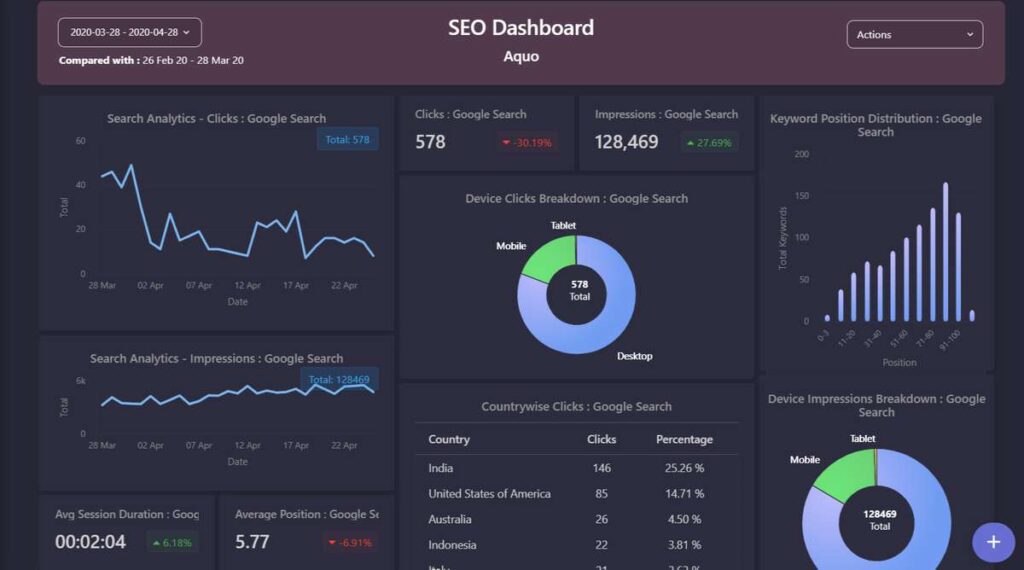If you’ve just entered the marketing space and time and again, you come across terms like SEO and KPI.
It surely leaves you or must have left you in a state of being bamboozled when it comes to understanding it in depth
Table Of Contents
Sometimes, you get to hear them separately and sometimes together, but the fact is that these two go hand and hand.
In the words of Thomas Monson,
When Performance is measured and reported, the rate of improvement accelerates
This is a brief and vivid description of how SEO and KPI dig the tunnel and walk through it together till the very end of it.
Now, let’s try to understand what is SEO and KPI are.
What Is SEO
SEO is an acronym that is formed from the initial letters of the term, Search Engine Optimization.
It is used by businesses to access and evolve their digital marketing strategies.

SEO performance is basically the impact of the strategies that are already implemented to drive the target traffic to a particular website or a webpage by the ways of keyword targeting, internal linking, back linking and many others.
It’s core objective lies in the generation of content that meets with the purpose, needs and searches of the users through tailored content that the search engines deem SEO to be of something that is quantifiably valuable.
What Are KPI’s?
KPI is an acronym for the term, Key Performance Indicator.
It is basically a numerically measurable value that determines how efficiently and effectively a company is able to meet its key business objectives.
It is like an evaluation parameter to measure the success on achieving the set target. There are different types of KPI’s that are used to evaluate the success based on objectives and targets for different departments.
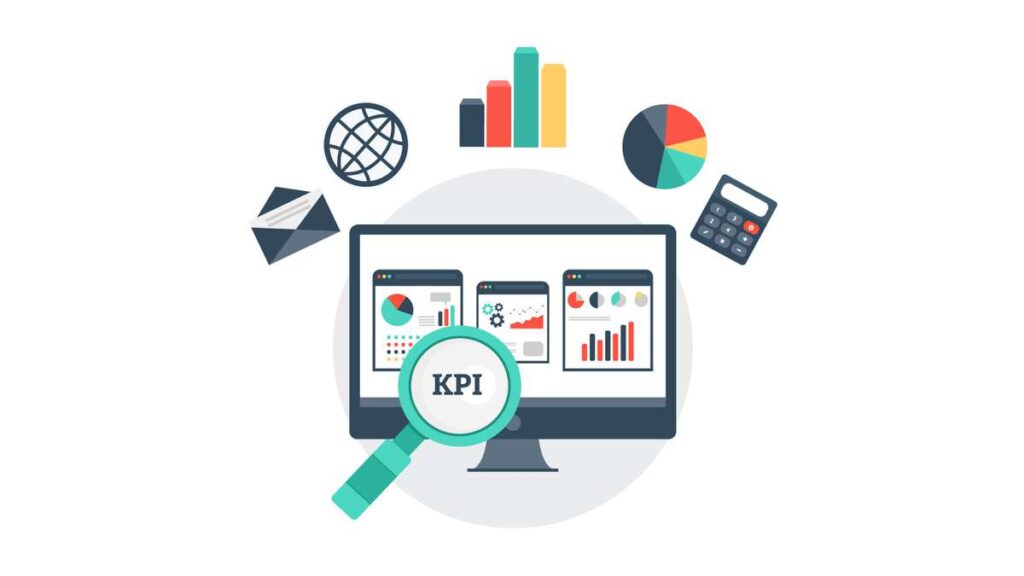
Before putting a KPI to business strategies, it is important for you to understand the type of key performance indicator that would prove to be relevant to your department and once you selected the suitable one, you would wish to keep tracking on your business through a real time reporting tool.
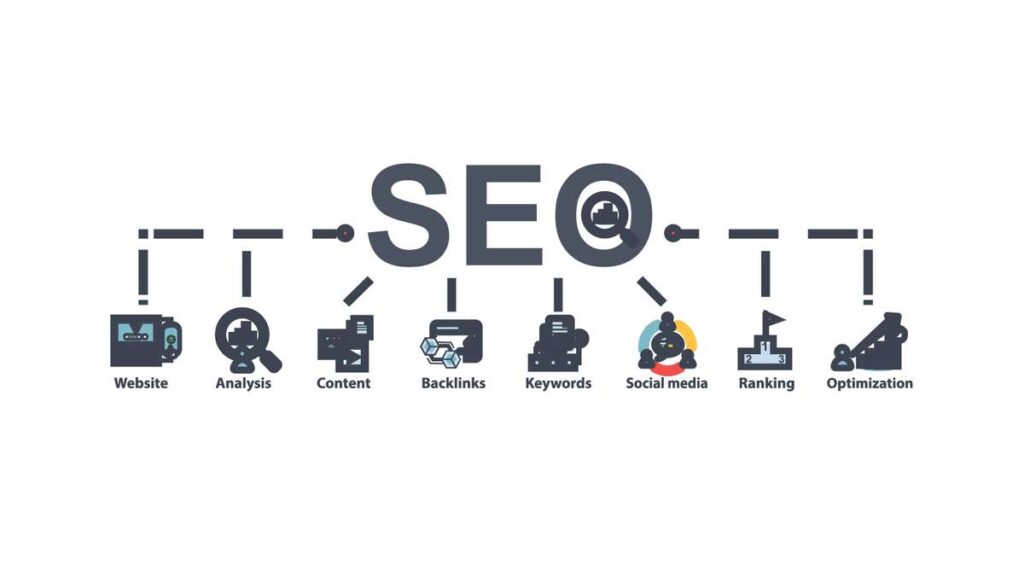
Talking about SEO KPI’s, here are some critical ones that you as a business should be tracking.
Ken Moo from ContentLoop says

Don’t focus on the number of backlinks. Rather, focus on the number of referring domains. This is a far more important SEO Metric
Top SEO KPI’s To Track
1) Sessions
Sessions is one of the most basic and common metrics that should be measured by you to have a complete and consistent analysis of the performance of your website. It gives you a proper gist of how much traffic your website sees on a daily basis or in a specific course of time.
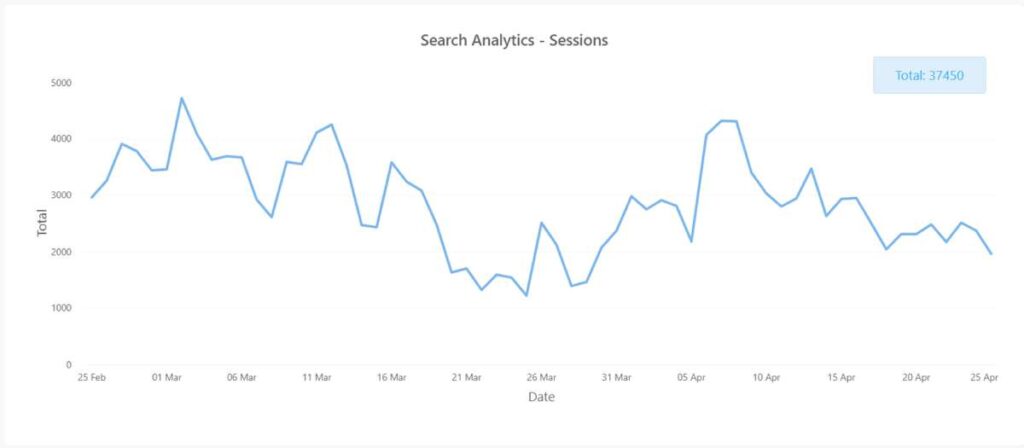
If you see a drop in the sessions, it clearly indicates that there’s something wrong with that same that needs to be fixed and if the session graph seems to be going upwards, it indicates the success of the strategies incorporated.
2) Leads & Conversions
It’s one of the simplest metrics to keep a track of how much traffic landed up on your site, how many of them have made a deal with you and converted into a sale and how many have left further lead prospects for you.
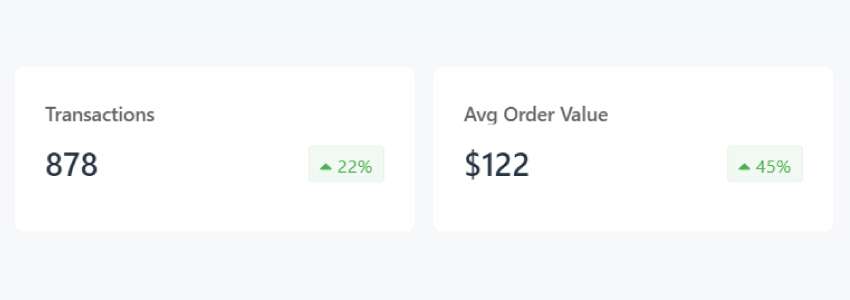
It is easier to keep its track on Google analytics though for that too you would have to set your events and goals. (P.S: coz’ every lead is tracked in hope of a conversion.)
3) Pages Visited During A Session
This simple metric helps to keep an amount of how many pages a user visits during a session and also, keeps a track of repeated visits of every single page.
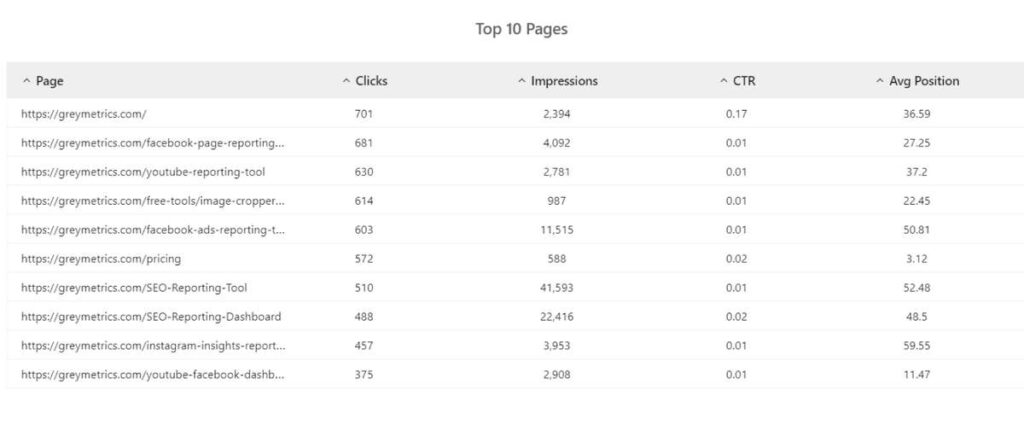
It is an important KPI as it determines the value that your website holds in digital market and how users map it and navigate through it.
This one holds a great relation with the business objectives of the company in terms of increasing its customer base and rising the sales.
4) Average Visit Time
It is another useful KPI to have a better insight about the customer behaviour after they land up on a website.
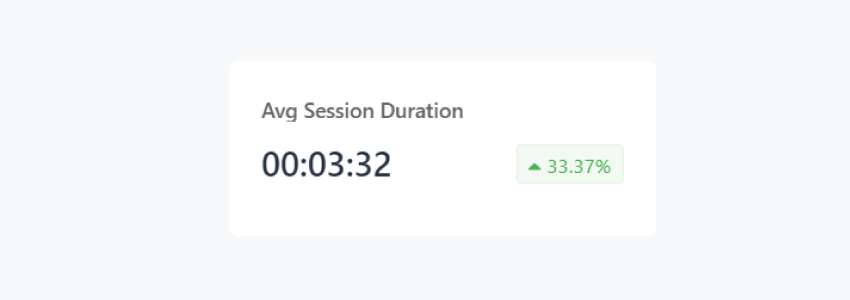
If you have higher session duration or higher visit time, it clearly means that people are spending a good amount of time on your website with your content, clicking on different pages, and researching your products or services.
5) Keyword Ranking
Keyword rankings come into place where the specific keywords that concern your business are positioned in the major search engines like Google or Bing, etc.
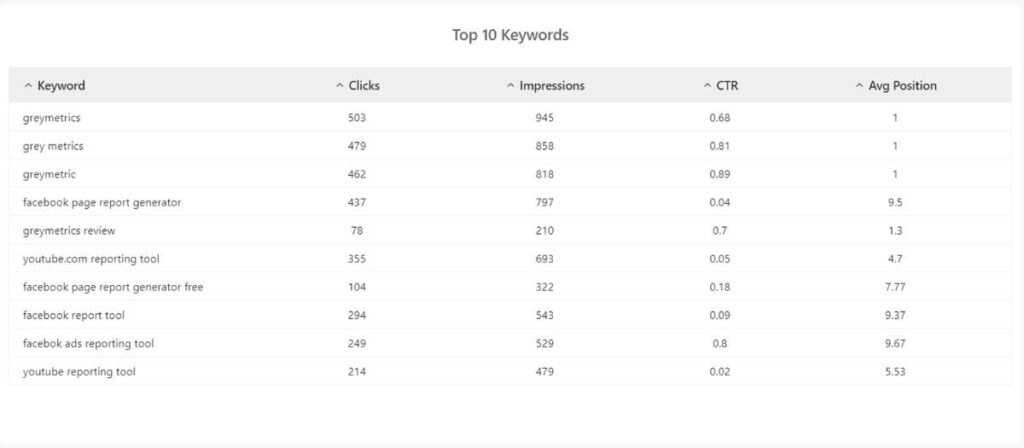
The closer your word is to the number one, the better ranking it holds. For high volume keywords, your website also ranks higher and better.
6) Bounce Rate
Bounce rate is analysed by a clear calculation of dividing the non-interactive sessions by the total number of sessions taken up by people.
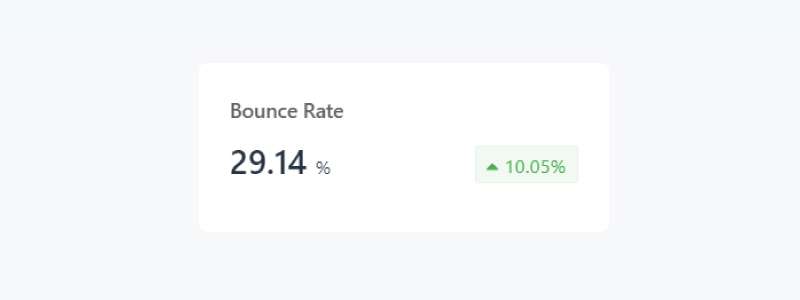
It basically measures the number of people who’ve landed up on your website but without interacting much with content up there or exploring the varied pages that are connected to your web, have made an exit.
According to researchers, half of the sessions bounce because of no actions taken by the customers.
7) Branded Traffic
This refers to an idea or an estimate of how many people have searched for particularly your business’s name and this tends to be a great metric to understand and track the response of all the brand campaigns you have launched because as a fact, people need to know about your business name before actually having to search for it in particular.
Vincent Bucciachio from SociallyInfused Media shares

Branded terms are usually a steal. We’re all on the lookout for inexpensive keywords that have search volume and value. Those “unicorn” keywords are probably right in front of you—in the form of your brand name.
Pro tip: Don’t just focus on your company name, concentration on specific products or services, or even your URL, yes your URL. These terms are going to be light on your marketing budget, and they should also produce some high click-through rates and relevant traffic.
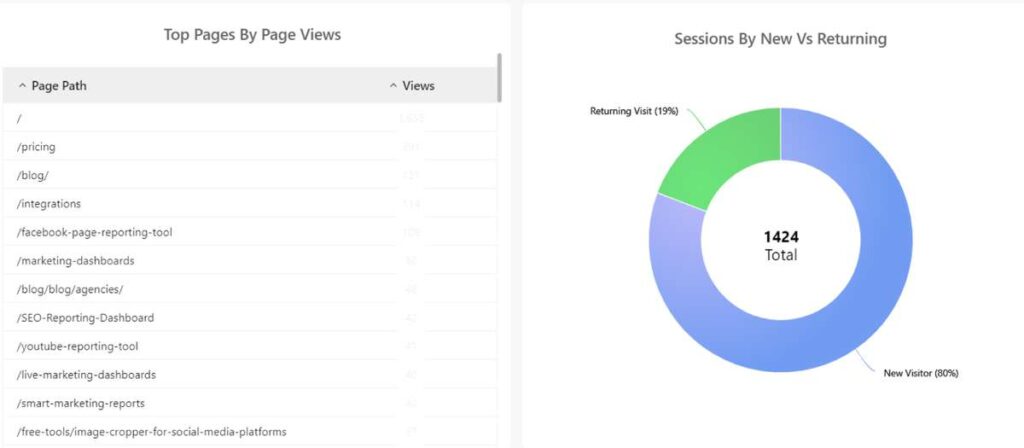
You can track this traffic by adding your business name in the keyword filter of your performance report in the Google search console panel.
8) Organic Click Through Rate – CTR
Almost half of the story of your SEO campaigns is narrated by the keyword rankings but the other half is measured on the basis of how often people click on your website when it appears on their search engine page which is known as the organic click through rate.
It is an indicator that you’ve put up your page in a precisely right manner and your content is doing the job of talking just right.
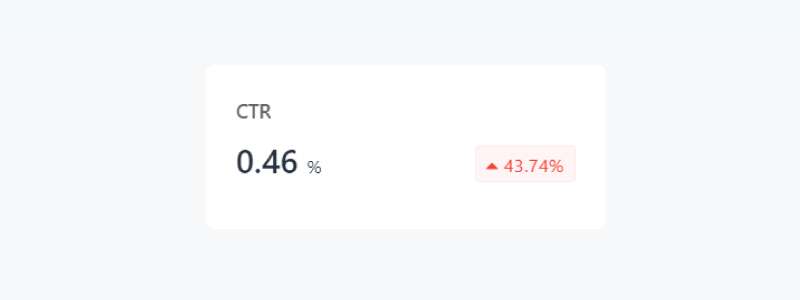
These 8 KPI’s are some of the major SEO KPI’s to track.
These KPI’s act as a diagnosis of the problem in your web presence.
Without these KPI’s you cannot keep a track or spot any problems before they turn into serious issues and also help to determine if the money that you’ve invested in your web is paying back well or not.
This way, you can get to have a grasp over your mistakes and have a sheer scope of improvement for the same.
GreyMetrics helps you create reports/dashboards to track all these metrics in a single click.
SEO Dashboard created on GreyMetrics
